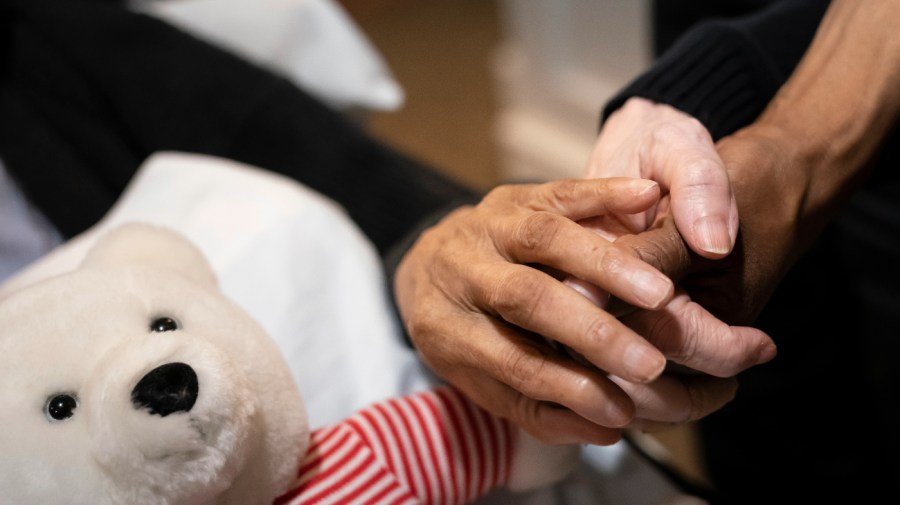
More than 2 million Americans live in long-term care — a nursing home, assisted living or other residential care facility. Many of us may pay regular visits to a family member, friend, or neighbor, who lives in a long-term care home. We hope our loved ones are well cared for.
But far too many long-term care residents do experience threats to their health, safety and quality of life, such as abuse, neglect, financial exploitation and theft. In fact, average rates of elder abuse have increased in the U.S. by 84 percent since the COVID-19 pandemic.
The Older Americans Act, this year celebrating its 60th anniversary, encodes protection of the rights of long-term care residents and preserves their quality of life, dignity and safety.
It is a key part of the system that exists to protect all older adults in the nation by providing critical services that help people live in their communities and protect those who are most vulnerable who live in licensed care settings such as nursing homes.
The Older Americans Act authorizes funding for critical programs such as Meals on Wheels, accessible transportation services, elder abuse prevention and response, and family caregiver support, for example.
These and other activities funded by the Act serve one in six older adults, according to the Department of Health and Human Services.
One longstanding program that works to protect the rights of individuals living in licensed care homes is the Long-Term Care Ombudsman Program.
Operating in all states, the District of Columbia, Puerto Rico and Guam, trained, paid and volunteer ombudsmen last year conducted 380,000 visits to more than 50,000 long-term care facilities.
Those visits investigated more than 205,000 complaints and provided more than 710,000 instances of information and assistance to residents, family members, concerned individuals and facility staff.
Long-term care ombudsman representatives help address serious complaints, including involuntary discharge or eviction, physical abuse, neglect, poor staff response to requests for assistance, inadequate or poor medication management, insufficient quality or quantity of food and many other issues.
However, funding for the Long-Term Care Ombudsman Program and other services authorized by the Older Americans Act has not kept pace with the growth in our population of older Americans. Federal funding falls far short of meeting the needs of all long-term care residents.
According to a Kaiser Family Foundation analysis of Congressional Research Service reporting, just 1 percent of funding authorized under the act is designated for grants for the Long-Term Care Ombudsman Program and Elder Abuse, Neglect, and Exploitation Prevention Programs, about $28 per capita.
In 1995, the National Academy of Medicine recommended a minimum of one full time ombudsman for every 2,000 long-term care residents. Today, according to data collected by the government, nearly half of all states do not meet that 30-year-old standard.
Long-term care ombudsman representatives in every state are providing a voice to some of the most vulnerable people in our communities, who often are unable or afraid to raise issues or complaints themselves.
Long-term care residents can experience feelings of a loss of independence and increased loneliness or feelings of isolation, on top of the physical, emotional or cognitive challenges.
Ombudsmen have a proven track record of resolving issues residents face by identifying early signs of abuse and neglect, and intervening to protect older adults from further harm, leading to fewer emergency room visits and unnecessary hospitalizations.
Long-term care residents deserve, and are legally entitled, to receive stable, high quality care that upholds their dignity and respects them as individuals.
Americans agree — public opinion surveys show overwhelming concern about poor conditions in America’s nursing homes, and support federal investment in long-term care.
Congress can demonstrate that it is sincerely interested in reducing the burden on our regulatory system, lowering health care costs and protecting older Americans, by reauthorizing the Older Americans Act and increasing funding for the Long-Term Care Ombudsman Program.
Caring for, and protecting the rights of our elders is a moral imperative that all lawmakers must prioritize.
Patricia Hunter is the Washington State Long-Term Care Ombudsman and the president of the National Association of State Ombudsman Programs.


